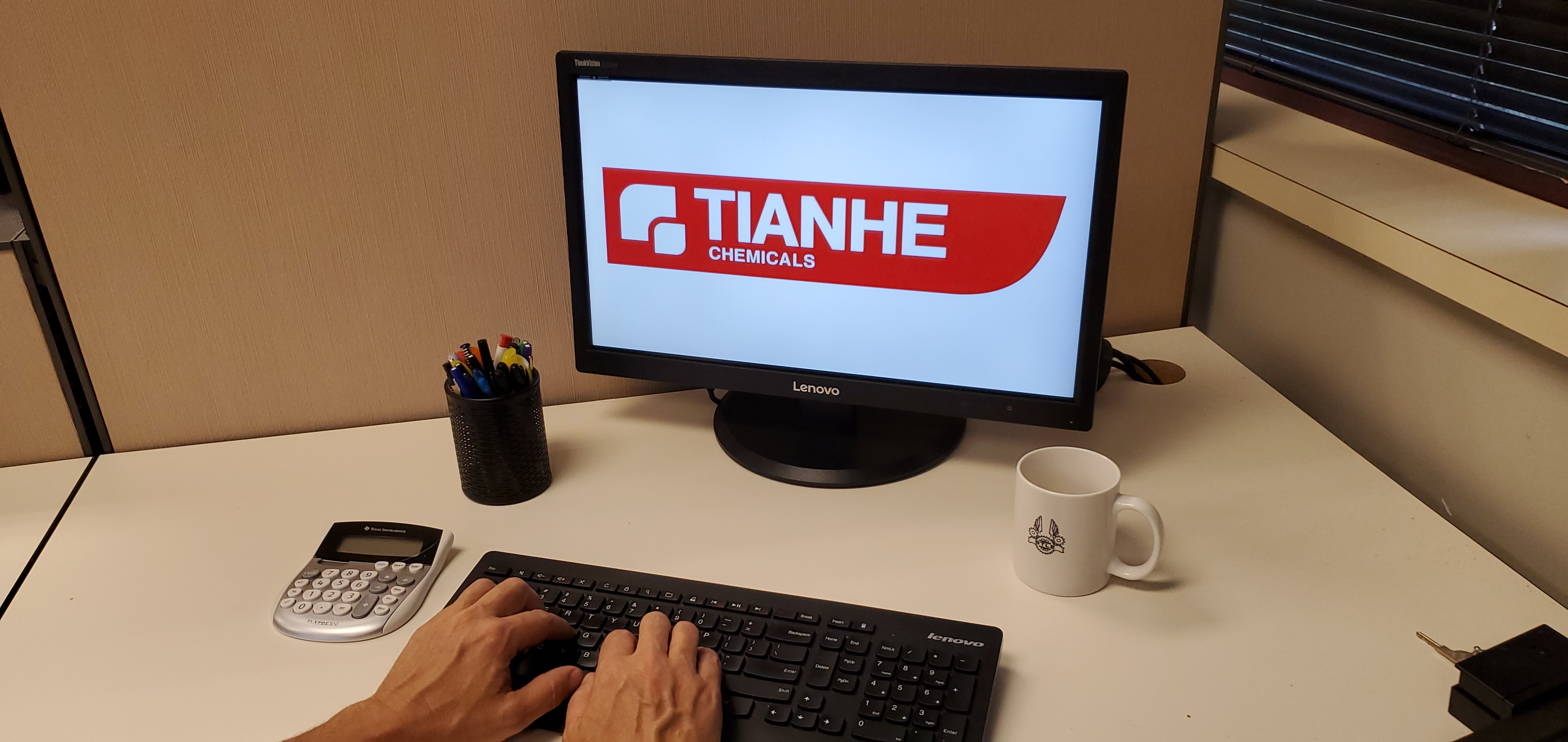The Hong Kong Stock Exchange refused to say Wednesday whether it intends to boot Tianhe Chemicals from the exchange after the lubricant additive supplier failed to meet a deadline for trading of its stock to resume.
In August 2018, the Hong Kong Securities and Futures Commission implemented a new policy to recommend the delisting of any companies subjected to stock trading suspensions for 12 consecutive months. At that time, the commission gave a 12-month grace period – until July 31 of this year – for companies that were already under suspension.

The regulator of the Hong Kong Stock Exchange refused to say Wednesday whether it intends to boot Tianhe Chemicals from the exchange after the lubricant additive supplier failed to meet a deadline for trading of its stock to resume.
Trading of Tianhes stock has been suspended for more than four years because of questions raised about the prospectus for its 2014 initial public stock offering, concerns raised about its financial reporting procedures and internal control systems, and its inability to get auditors to sign off on earnings reports.
Tianhe did not respond to the interview request. The exchange declined to comment on Tianhes status.
Separately, the company filed a statement warning that its profit for the first half of 2019 could decrease 80 percent, compared to the same period of 2018, due to prolonged suspension of stock trading, delayed projects and Chinas weakening economy. That warning refers to both of its main businesses – lubricant additives and fluorochemicals.
Tianhe, which is headquartered in Jinzhou city, China, continues to state – as it has since 2015 – that it is trying to meet conditions for trading of its stock to resume. Those efforts have already lasted years longer than the company originally intended and have not always gone smoothly. According to a recent disclosure by a Beijing court, Tianhe lost 144 million (U.S. $20.3 million) between May 2015 and September 2017 to a fraud group composed of mainly high school graduates who claimed they were close to powerful people in Beijing who could help Tianhe lift the trading suspension.
In March, three investment banks were penalized by the SFC for abrogating their responsibilities as sponsors of the 2014 IPO. Morgan Stanley was fined HK$224 million (U.S. $28.5 million), Merrill Lynch HK$128 million and UBS HK$375 million. The commission also suspended UBSs license to sponsor IPOs for a year.
The SFC adopted last years delisting rule as part of an effort to cut down on the number of companies that remain on the exchange despite lengthy suspensions of stock trading. The rule states that if companies under suspension for more than a year did not succeed in getting trade to resume by the end of July, then the commissions Listing Department would recommend to its Listing Committee that the companys listing be cancelled.
If Tianhe does get delisted, the chance for individual investors to get compensation for stock shares is thin, according to CK Chan, a stock market analyst at the Hong Kong Economic Journal. Time is the main reason, he wrote in his column, as the citys statutes of limitations is six years for civil claims. The possibility for the SFC to push legal actions against the banks is also thin, he wrote.
The SFC made it clear the fines were for failure, rather than breaking the law or even violation of liability.
Mainland companies being delisted from the Hong Kong exchange is not a rare event. China Fiber Optic, China Taifeng Bedding and China Forestry were all delisted recently.
In August of 2018, Tianhe said it believed it had addressed two of three conditions set by the SFC for lifting its trading suspension. The company said an outside firm had completed a forensic investigation in 2016 into accusations that some statements in its IPO prospectus had been false and misleading. Tianhe said another firm had completed a review of its financial reporting procedures and internal control systems and that management had taken follow-up actions by early 2017.
The August 2018 filing said Tianhe was still waiting for its auditor to finish its reports about its earnings reports for 2014, 2015, 2016 and to finish its audit of 2017 results.